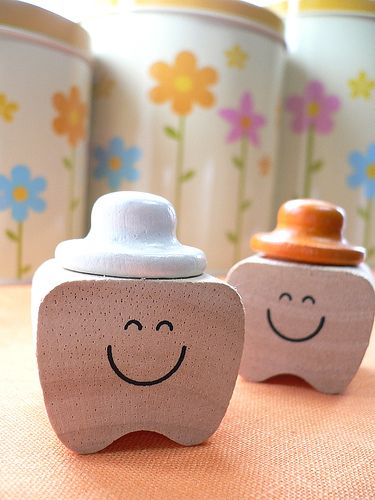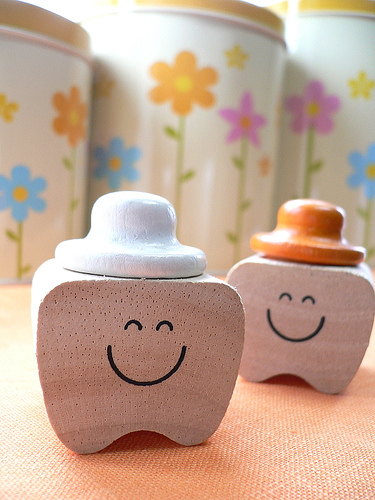
Prevent Cavities by Growing Better Bacteria

We work with our patients to make sure that they not only leave our offices with super straight teeth, but they also take with them a beautifully healthy smile to last a lifetime. Keeping your teeth and gums healthy in braces can sometimes be a bit tricky since there are so many more nooks and crannies for plaque and food to accumulate. From years of experience, we have learned a lot about what factors can be the difference between a healthy smile and an unhealthy one, and we want to share them with patients and non-patients alike.
Cavities are mainly the result of poor quality bacterial plaque built up on your teeth, which is why each of our new patients are specially screened for cavity causing bacteria. By doing so, we understand their individual risk for cavities before beginning treatment and can take steps to help patients prevent them from occurring. Believe it or not, bacteria are actually necessary to keep your teeth lubricated for chewing and more importantly to physically exclude pathogenic bacteria from inhabiting the mouth and causing worse disease than cavities. Unfortunately, some of these “helpful bacteria” happen to produce acids that demineralize your enamel and over time make cavities.
In order to avoid cavities, you obviously need to keep your teeth clean, and also create an environment in your mouth that is more hospitable to bacteria that do not produce acids. Here is how you can do it:
• Brush and floss your teeth in the morning before breakfast so that there are fewer bacteria in the mouth when you introduce food that the bacteria could use to multiply and make acids. Also brush and floss before going to bed each night since during sleep your mouth is driest and there is less saliva to buffer acids in the mouth.
• Use a low abrasive toothpaste with fluoride, like Pronamel, with a soft bristled tooth brush or better yet an electric tooth brush. High abrasives can remove the protein pellicle that coats the surface of your teeth to help them resist acids. The pellicle is like the skin of your teeth. If you are not sure if your toothpaste is highly abrasive, rub some between your fingers, you shouldn’t feel any grittiness. Try to avoid doing this in the store 😉
• Avoid, as much as possible, acidic foods and drinks like candies, sodas, kombucha, etc. Your tooth enamel begins to demineralize below a pH of 5.5
• Rinse before bedtime with an alcohol-free mouthwash that has a basic pH. Alcohol doesn’t actually do much to kill bacteria, and functions in mouthrinses mainly as a solvent. Notoriously “alcoholic” rinses like Listerine kill bacteria using essential oils. Alcohol will however dry out your mouth which is counterproductive. The majority of mouthwashes also unfortunately have an acidic pH; the low pH stabilizes the ingredients and increases shelf-life. We supply every new patient with specially formulated Carifree Prevention Rinses for exactly this reason. If you want to get a similar rinse without a Doctor’s prescription, try Tom’s of Maine Natural Baking Soda Mouthwash. Its the only readily available mouthwash with a basic pH that I have been able to find. If you’re a DIYer, you can always make your own baking soda rinse, but I think it’s easier just to buy it at the store.
• If your dentist thinks you are at a very high risk for cavities, they might recommend swishing with a baking soda rinse after meals to reverse any drop in pH that might result from bacterial metabolism of sugars. Swishing with water is a less effective, but a satisfactory solution for the rest of us (you also won’t have to carry a bottle of mouthwash around all day).
I hope you all found this post helpful. Happy brushing!